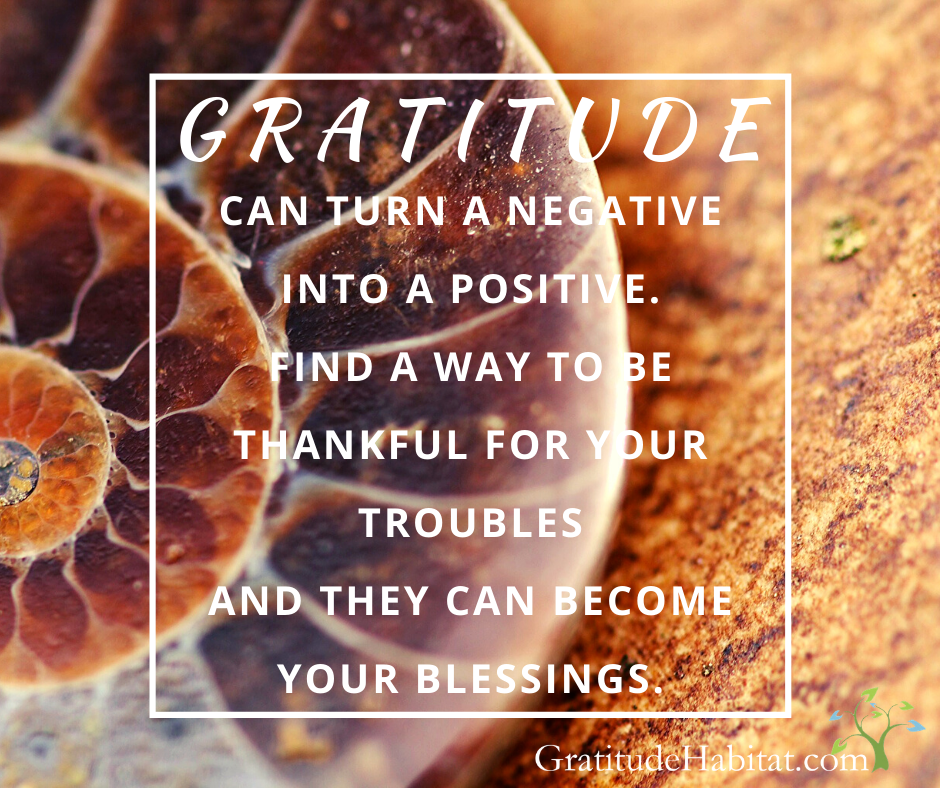Daring to set boundaries is about having the courage to love ourselves, even when we risk disappointing others. ~Brené Brown
Many of us lack boundaries in all aspects of our life. We allow others to make demands on us as well as our time without our permission. Instead, we acquiesce for fear of hurting someone’s feelings, being excluded, or simply out of obligation.
This absence of personal boundaries teaches others that we can and will do what they ask of us, no matter how inconvenient. And those same people will continue to test this lack of boundaries, always pushing to see if we will go one step further, put up with one more inconvenience, take on one more project at work.
One large contributing factor to a lack of personal limits is our smartphones, tablets, and computers. There is a prevailing belief that we MUST respond instantaneously to an email, text, social media post, or phone call. Being tethered to our devices keeps us at the mercy of others, enabling them to make demands on us anytime and anywhere.
Establishing unyielding boundaries are an indicator of our relationship with ourselves. These limiters are indicative that we value ourselves and firmly believe that we are entitled to determining what demands or requests we accept or decline. These personal restrictions shouldn’t be compromised or altered to fit different situations or relationships. Setting healthy boundaries helps reduce the drama, chaos, obligation, and stress the results from taking on other people’s problems or agreeing to participate in something that doesn’t serve us.
When we fail to set steadfast boundaries for ourselves, we openly allow others to take advantage of us. Establishing and adhering to healthy boundaries are representative of the respect for ourselves, our values, and our time. These restrictions do not mean we care less for others but rather that we are honoring our needs and standing up for ourselves.
If you are one of the many who don’t have limitations in place or whose boundaries are much more fluid than they should be, here are five steps to defining and implementing healthy personal boundaries.
- Identify your core values
Determine exactly what things are important to you in all areas of your life: work, family, friends, romantic relationships, etc. This step is not about avoiding or trying to appease others but should be about you. They should focus on things that allow you to minimize stress and anxiety, allow creativity and productivity, and maintain a sense of personal satisfaction and stability. Read more






